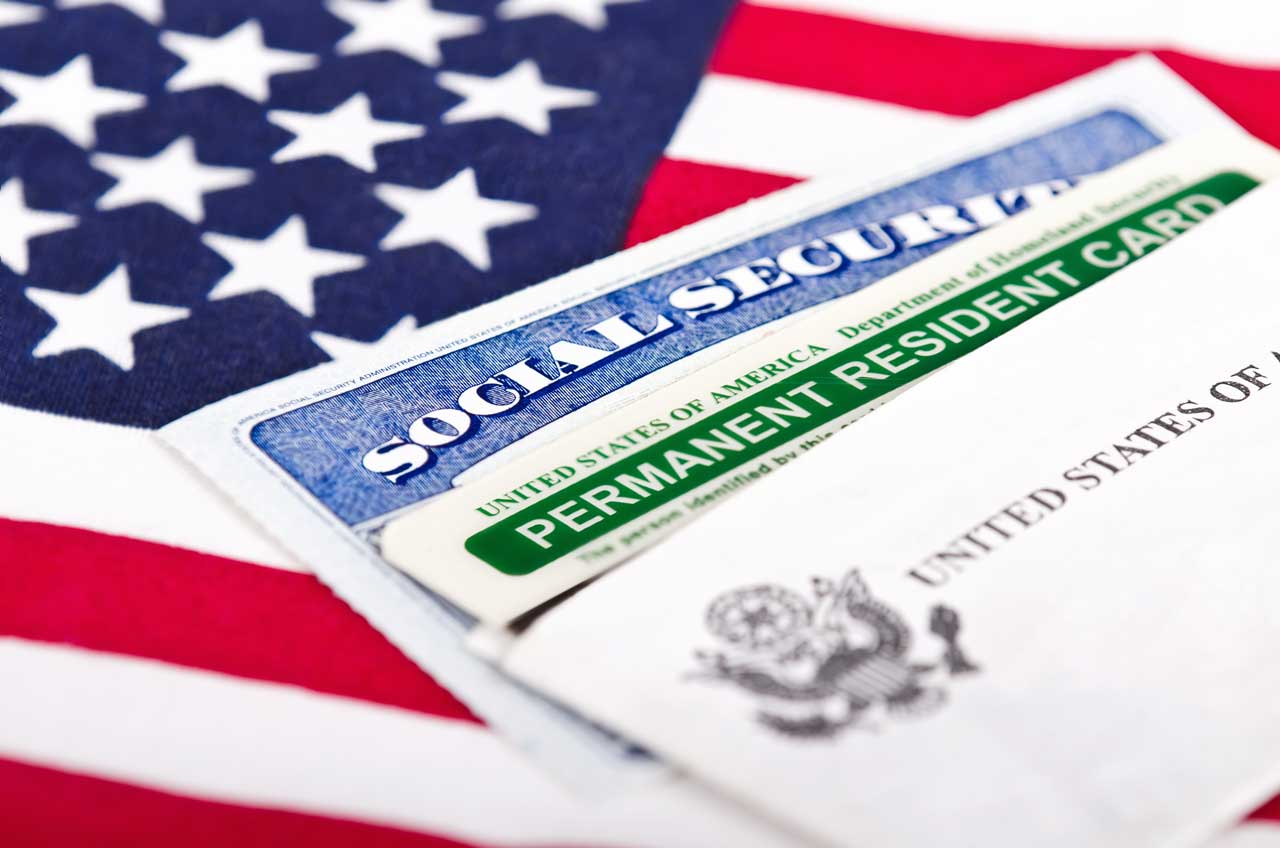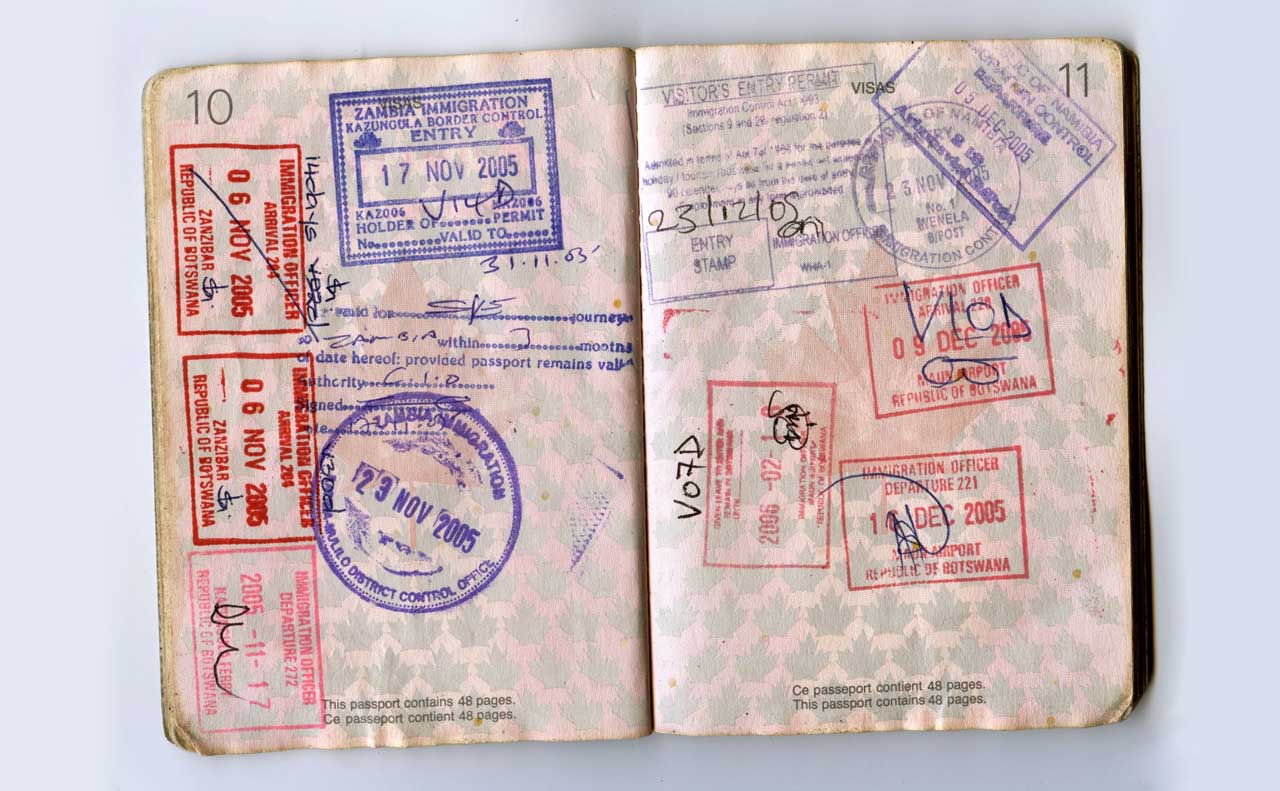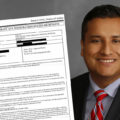Likely At Any Time To Become A Public Charge?
The Immigration and Nationality Act (INA) allows the U.S. Citizenship and Immigration Services (USCIS) and the State Department to determine that an immigrant visa or adjustment applicant is inadmissible if the applicant is “likely at any time to become a public charge.” Recently, the (USCIS) released proposed rules re-defining “public charge”. The agency’s proposed rule would considerably modify how USCIS officers screen for potential public charge of adjustment of status of applicants or of nonimmigrants applying for an extension or change of status. Once finalized, the rule would also affect how consular officers screen for public charge for both immigrant and nonimmigrant applicants, because the Department of State traditionally joins in USCIS interpretations of grounds of inadmissibility.
To determine whether an applicant is “likely to become a public charge”, the proposed test would shift away from the petitioning sponsor’s income as stated in the affidavit in support and re-direct the analysis to the applicant’s earning potential and use of certain public benefits. The analysis includes the intending immigrant’s current and estimated income, job history, job skills, health status, assets, and their current or past history of public benefits received. Resulting in the creation of a complex metric scheme that calculates the monetary value of the specific public benefit to determine its negative effect and differentiates between benefit programs that can and cannot be assigned a value. The proposed public charge test would not assign negative weight to U.S. citizen children or other family members’ who have received benefits.
Considered A Public Charge
The proposed rule details that an applicant would be considered a public charge if the applicant received one or more of the public benefits listed below.
- Medicaid (except for “emergency Medicaid” and certain disability services related to education)
- Medicare Part D Low Income Subsidy
- Supplemental Nutritional Assistance Program (SNAP, formerly food stamps)
- Benefits provided for institutionalization for long-term care
- Section 8 housing Choice Voucher Program
- Section 8 Project-Based Rental Assistance, and
- Public Housing.
Does Not Include
The proposed rule does not include the following benefit programs:
- Emergency medical assistance
- Disaster relief
- National school lunch or school breakfast programs
- Foster care and adoption
- Head Start
- Child Health Insurance Program (CHIP or SCHIP)
- Earned Income Tax Credit or Child Tax Credit
- Subsidized health insurance under the Affordable Care Act
- Special Supplemental Nutrition Program for Women, Infants, and Children (WIC)
- Housing assistance, or
- Energy benefits.
INA § 212(a)(4) requires the consideration of intending immigrants age, health, family status, assets and education/skills. Thus, the applicant must identify and document employment, health conditions that would affect employability, enrollment in health insurance, and assets or resources. Thus, those with inconsistent employment, under employment, retired, disabled, or suffering from a medical condition that affects employment will be more likely determined to become a public charge and deemed inadmissible.
The proposed rule does not change the public charge ground of deportability, so lawful permanent residents would not be newly endangered in their or their family’s receipt of public benefits. Nor would they be subject to any new scrutiny in their application for naturalization.
Our Locations
Merrillville Office9191 Broadway, Merrillville, IN 46410
Hyde Park Meeting Location
5113 S Harper Ave Suite 2C, Chicago, IL 60615
Schedule Appointment!




